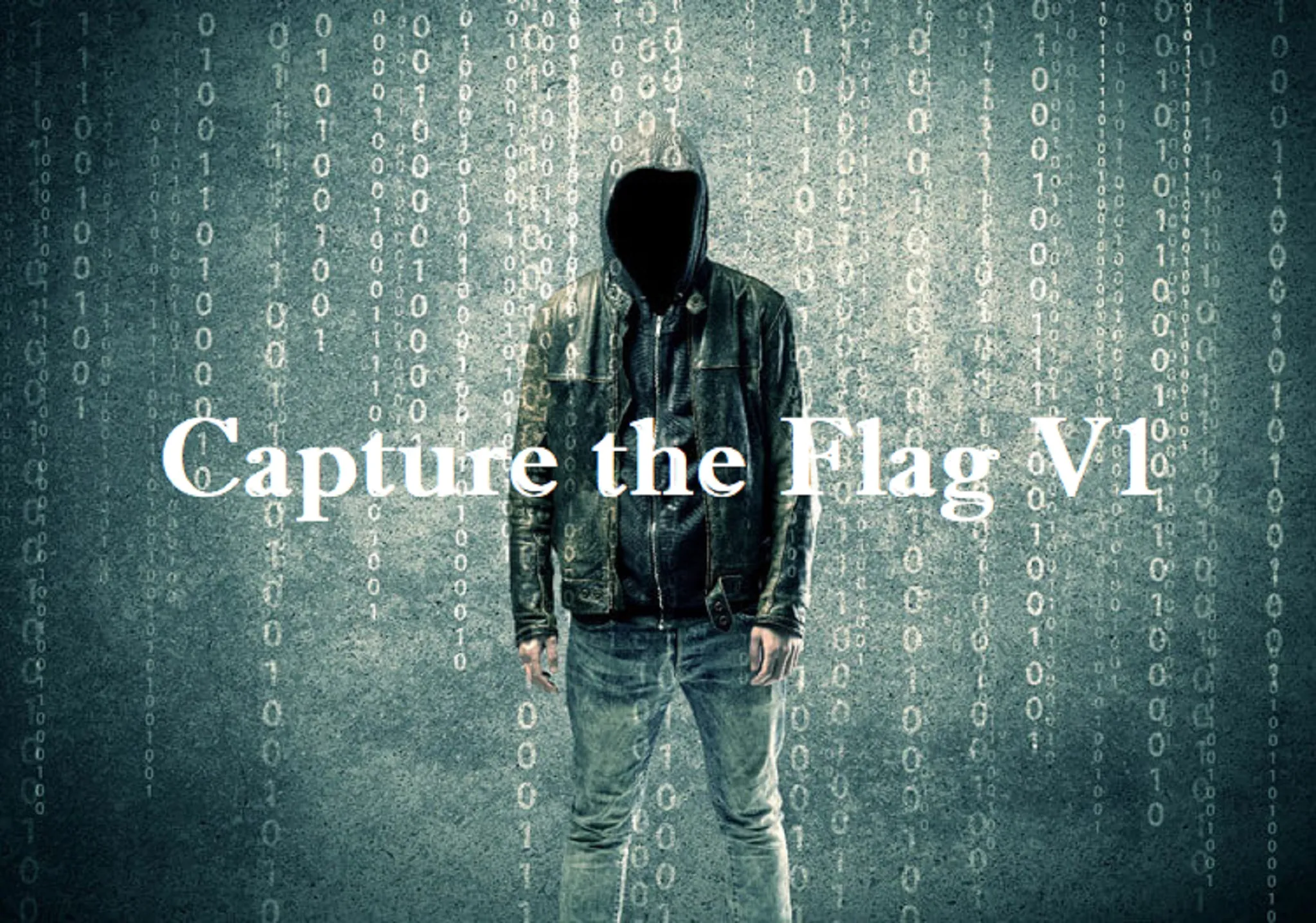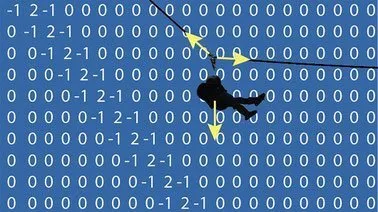
Ethical Hacking - Capture the Flag Walkthroughs - v2 
This course provides students with an introduction to ethical hacking, teaching them how to footprint a target, enumerate for vulnerabilities, analyze them, and exploit the target to gain root access. Through a series of Capture the Flag (CTF) walkthroughs, students gain hands-on experience in ethical hacking. ▼
ADVERTISEMENT
Course Feature
![]() Cost:
Cost:
Paid
![]() Provider:
Provider:
Eduonix
![]() Certificate:
Certificate:
No Information
![]() Language:
Language:
English
![]() Start Date:
Start Date:
Self Paced
Course Overview
❗The content presented here is sourced directly from Eduonix platform. For comprehensive course details, including enrollment information, simply click on the 'Go to class' link on our website.
Updated in [March 06th, 2023]
This course provides students with an introduction to ethical hacking and Capture the Flag (CTF) walkthroughs. Students will learn how to footprint a target, enumerate the target for possible vulnerabilities, analyze the vulnerabilities and exploit the target to gain root access. Each CTF walkthrough will demonstrate the steps and techniques used to gain access to the target. By the end of the course, students will have a better understanding of ethical hacking and the tools and techniques used to gain access to a target.
[Applications]
Students who have completed this course should be able to apply their knowledge to real-world ethical hacking scenarios. They should be able to use the techniques learned to footprint a target, enumerate the target for possible vulnerabilities, analyze the vulnerabilities, and exploit the target to gain root access. Additionally, they should be able to use the knowledge gained to create their own CTFs and use them to test their own security systems.
[Career Paths]
1. Cyber Security Analyst: Cyber Security Analysts are responsible for monitoring and protecting an organization’s computer networks and systems from cyber-attacks. They use a variety of tools and techniques to identify potential threats, analyze security vulnerabilities, and develop and implement security measures to protect the organization’s data and systems. The demand for Cyber Security Analysts is growing rapidly due to the increasing number of cyber-attacks and the need for organizations to protect their data and systems.
2. Penetration Tester: Penetration Testers are responsible for testing an organization’s security systems and networks to identify any potential vulnerabilities. They use a variety of tools and techniques to identify and exploit security weaknesses, and then provide recommendations to the organization on how to improve their security posture. The demand for Penetration Testers is growing rapidly due to the increasing number of cyber-attacks and the need for organizations to protect their data and systems.
3. Ethical Hacker: Ethical Hackers are responsible for testing an organization’s security systems and networks to identify any potential vulnerabilities. They use a variety of tools and techniques to identify and exploit security weaknesses, and then provide recommendations to the organization on how to improve their security posture. The demand for Ethical Hackers is growing rapidly due to the increasing number of cyber-attacks and the need for organizations to protect their data and systems.
4. Cyber Forensics Analyst: Cyber Forensics Analysts are responsible for investigating cyber-attacks and other security incidents. They use a variety of tools and techniques to analyze digital evidence, identify the source of the attack, and provide recommendations to the organization on how to prevent similar incidents in the future. The demand for Cyber Forensics Analysts is growing rapidly due to the increasing number of cyber-attacks and the need for organizations to protect their data and systems.
[Education Paths]
1. Bachelor of Science in Cybersecurity: This degree path focuses on the technical aspects of cybersecurity, such as network security, cryptography, and digital forensics. It also covers the legal and ethical aspects of cybersecurity, such as data privacy and security policies. As the demand for cybersecurity professionals continues to grow, this degree path is becoming increasingly popular.
2. Master of Science in Information Security: This degree path focuses on the advanced aspects of cybersecurity, such as risk management, security architecture, and incident response. It also covers the legal and ethical aspects of cybersecurity, such as data privacy and security policies. This degree path is becoming increasingly popular as organizations look for professionals with the skills to protect their networks and data.
3. Doctor of Philosophy in Cybersecurity: This degree path focuses on the research aspects of cybersecurity, such as developing new security technologies and analyzing existing security systems. It also covers the legal and ethical aspects of cybersecurity, such as data privacy and security policies. This degree path is becoming increasingly popular as organizations look for professionals with the skills to develop and implement new security technologies.
4. Master of Business Administration in Cybersecurity: This degree path focuses on the business aspects of cybersecurity, such as risk management, security architecture, and incident response. It also covers the legal and ethical aspects of cybersecurity, such as data privacy and security policies. This degree path is becoming increasingly popular as organizations look for professionals with the skills to manage their cybersecurity operations.
Pros & Cons

Excellent

Great CTF walkthrough

Good details

None mentioned
Course Provider

Provider Eduonix's Stats at AZClass
Discussion and Reviews
0.0 (Based on 0 reviews)
Explore Similar Online Courses

Product Management Fundamentals

Differential Equations: Linear Algebra and NxN Systems of Differential Equations

Python for Informatics: Exploring Information

Social Network Analysis

Introduction to Systematic Review and Meta-Analysis

The Analytics Edge

DCO042 - Python For Informatics

Causal Diagrams: Draw Your Assumptions Before Your Conclusions

Whole genome sequencing of bacterial genomes - tools and applications

Ryan Montgomery - #1 Ethical Hacker Who Hunts Child Predators Catches One Live On Podcast SRS #56

Become Master in Ethical Hacking with Android (without Root)


Start your review of Ethical Hacking - Capture the Flag Walkthroughs - v2